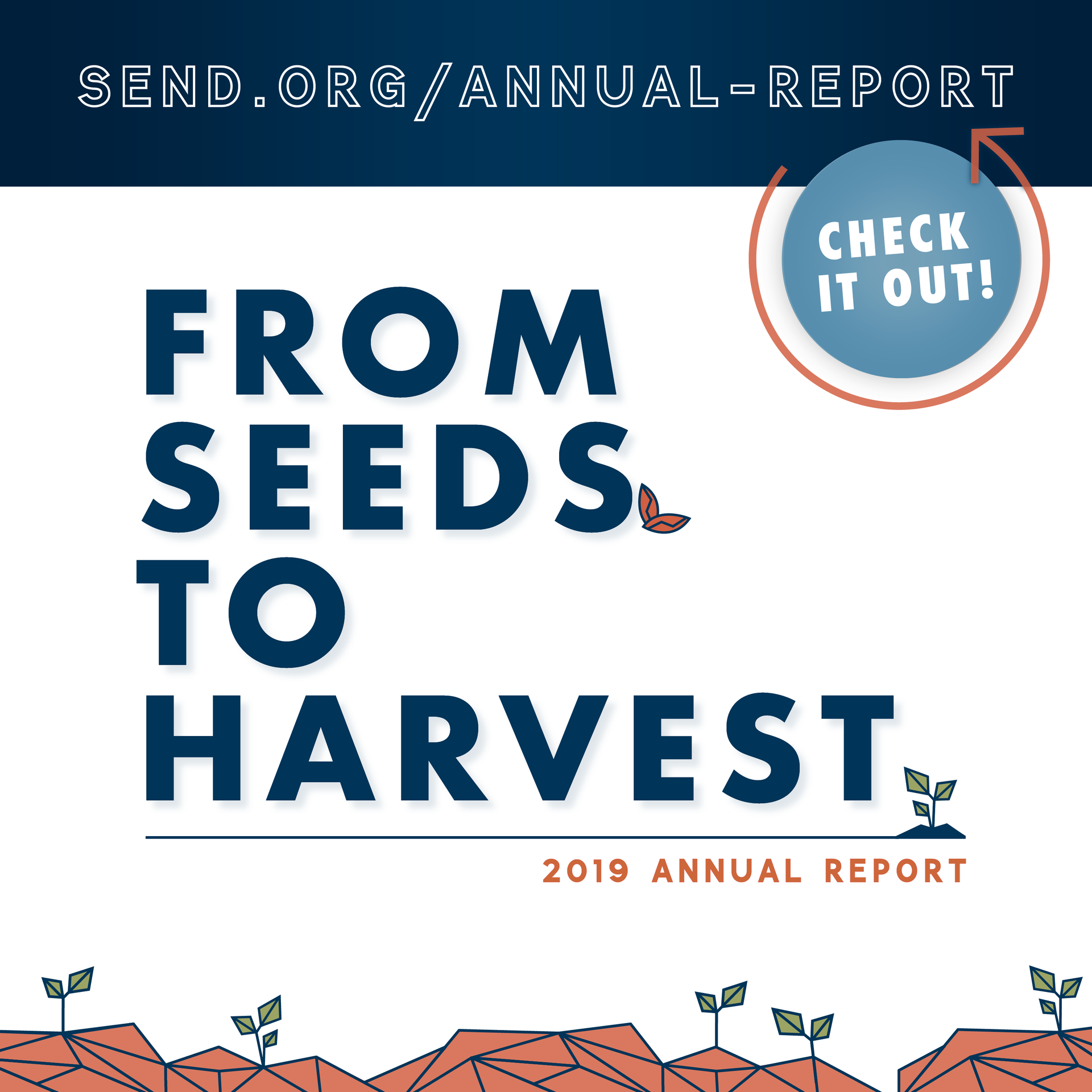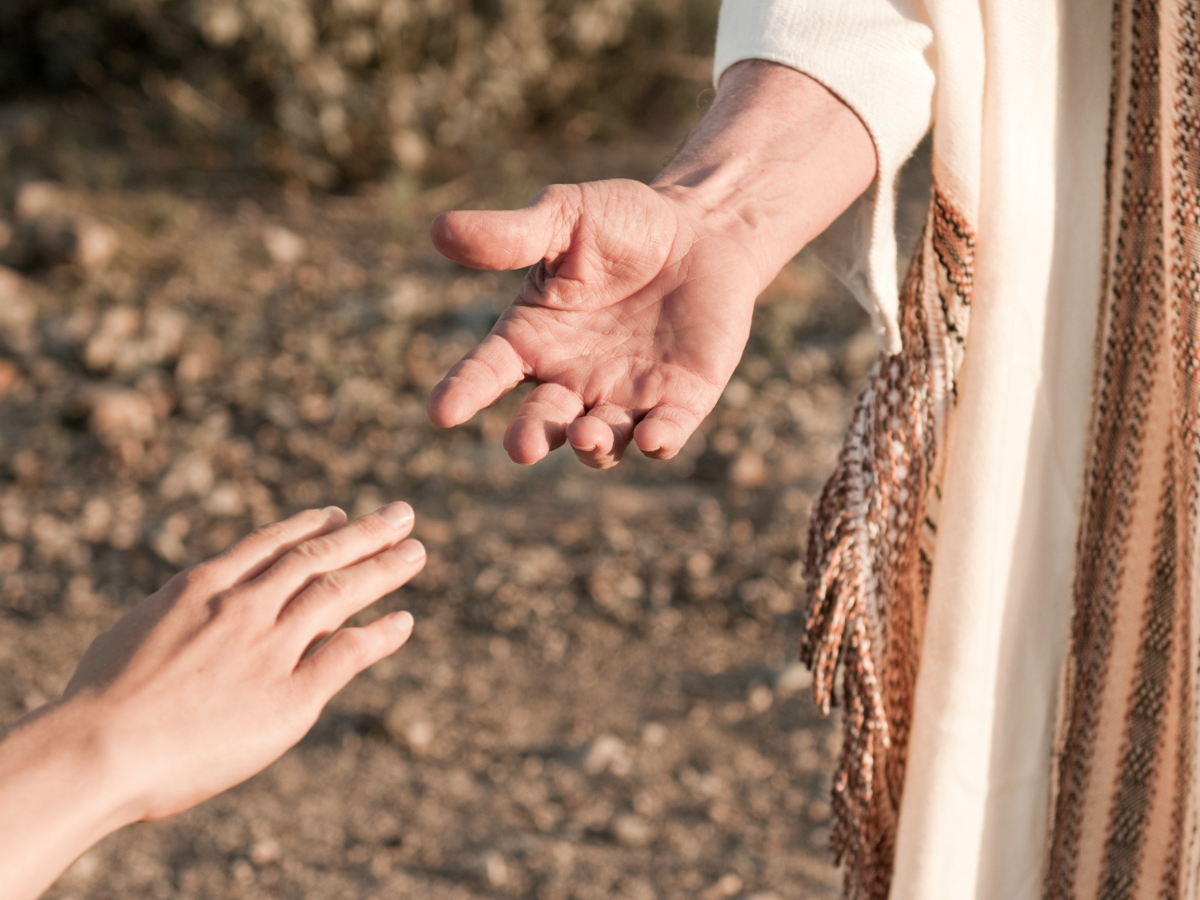
Watching seeds of faith spout
By our co-worker in Southeast Asia — The mothers in a small community in Southeast Asia saw the teens having a weekly values class with our teammates and asked why they didn't have a class. Of course, we were willing to provide!
The following week, one of our teammates met with these moms. Due to COVID-19 restrictions, no more than 10 people can meet at a time, so one group turned into two.
At these meetings, we share stories from scripture, discuss them, and encourage people to pass the stories on to their friends and family. Some moms brought notebooks to the second meeting, saying, “How can we share the story if we have trouble remembering it?”
By the third meeting, even more mothers came, and these were the same women another teammate had been praying about since they attended a gardening and marriage seminar in 2019. Our teammate shared the creation story with this group of moms, and after the class all the moms starting talking about how were they going to respond to what they were learning.
The very next day, the mothers decided to clear areas behind their homes, build a fence, and prepare a garden, saying, “If God has given us this to care for, then we should do just that.”
Seeing that these moms were excited to put what they heard into action, we pulled in our agricultural resource team to come teach about soil preparation and FAITH (Food Always In The Home) gardening.
God cleared the way for the agricultural team to get travel permits, needed because of COVID. At the end of the training, physical seeds were given to be planted—and our team will continue to nurture the spiritual seeds planted among the mothers of this community, too.
Additional Posts






